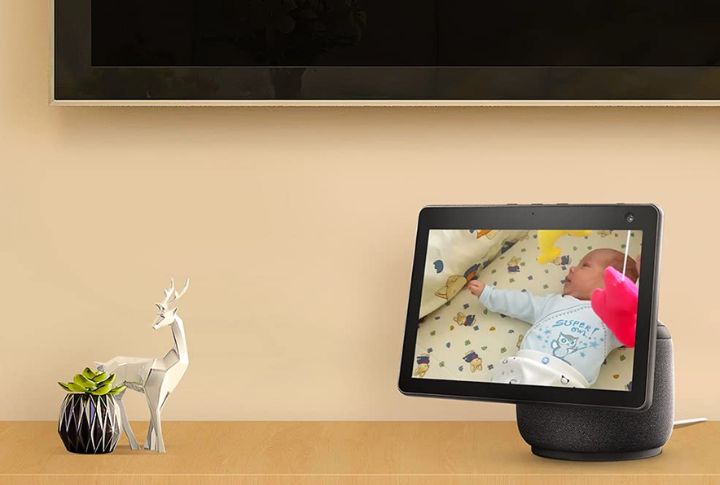
Buying a home is a significant investment, and it’s easy to get caught up in what you’d like to fix or change. However, not all repair requests are worth bringing to the table. To keep your negotiations reasonable and productive, focus on critical issues that affect the home’s safety and structure and skip these 10 repair requests.
Cosmetic Preferences Don’t Belong in Negotiations

While it’s tempting to ask for updated countertops or sleek light fixtures, these are more about personal taste than actual needs. Cosmetic changes don’t impact the home’s integrity and can easily be tackled after the purchase, giving you the freedom to make it truly your own.
Minor Wear and Tear Is to Be Expected

Scuffs on walls, small scratches on floors, or faded paint are signs of a lived-in home, but they are not major concerns. Requesting fixes for minor wear and tear can delay negotiations and seem unreasonable to sellers. Save your requests for substantial repairs.
Appliance Updates Should Be Your Responsibility

Expecting sellers to replace or upgrade appliances simply because they’re outdated isn’t a reasonable demand. Appliances usually match the home’s age and style. If you desire modern upgrades, it’s better to budget for them after closing the deal.
Carpet Replacement Is a Cosmetic Decision

If the carpets are in good condition but the color or style doesn’t suit you, it’s not something to request during negotiations. Even minor stains can be addressed later. Instead, consider negotiating a price adjustment to account for the cost of replacing flooring after you move in.
Landscaping Overhauls Are Out of Scope

Sellers shouldn’t be expected to redesign or revamp landscaping as part of a sale. Landscaping choices are subjective, much like interior decor, and any major work can wait until after you own the property. Structural and system-related repairs should take precedence during negotiations.
Paint Colors Are Easy Fixes

The color of the walls shouldn’t be a dealbreaker or part of your repair request. Painting is one of the easiest and most affordable updates you can make. Rather than asking sellers to repaint rooms, prioritize efficiency and save those projects for after the sale.
Non-Essential Upgrades Add No Value to Negotiations

Requests for luxury features, smart home technology, or other non-essential upgrades detract from serious discussions. Focus your attention on critical repairs that affect the home’s safety rather than enhancements that are purely personal preferences.
Small Cracks in the Driveway Are Minor Issues

Small cracks in the driveway, which are often cosmetic, don’t pose immediate concerns for the home’s structure. Unless they are extensive and indicate underlying foundation issues, these minor imperfections can be dealt with at your convenience after closing.
Window Treatments Are a Personal Choice

Asking sellers to install new blinds or curtains is outside the scope of reasonable repair requests. Window treatments fall under decor decisions and should be planned as part of your move-in budget. Ensure your focus remains on repairs that impact the home’s livability.
Minor Plumbing Fixes Can Be Handled Later

Dripping faucets or slow drains are common minor plumbing issues that are easy to fix and relatively inexpensive. Save your requests for more serious plumbing concerns, such as leaks or system-wide issues, which could lead to costly damage if not resolved promptly.

